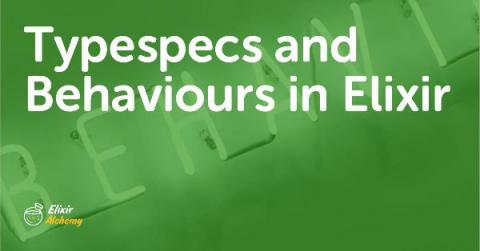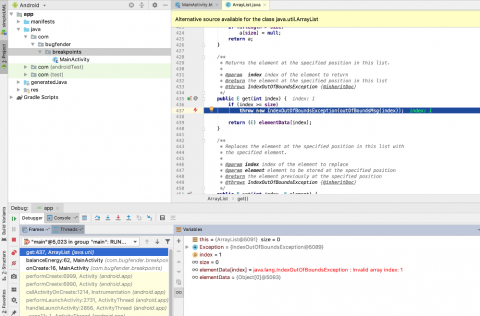Sidekiq Optimization and Monitoring
We often get questions about optimizing or monitoring Sidekiq. Monitoring is kind of our game, but optimizing Sidekiq’s performance is a different ball game altogether. In reality, optimizing is complex, but let’s start by looking at the seemingly simple answers…










